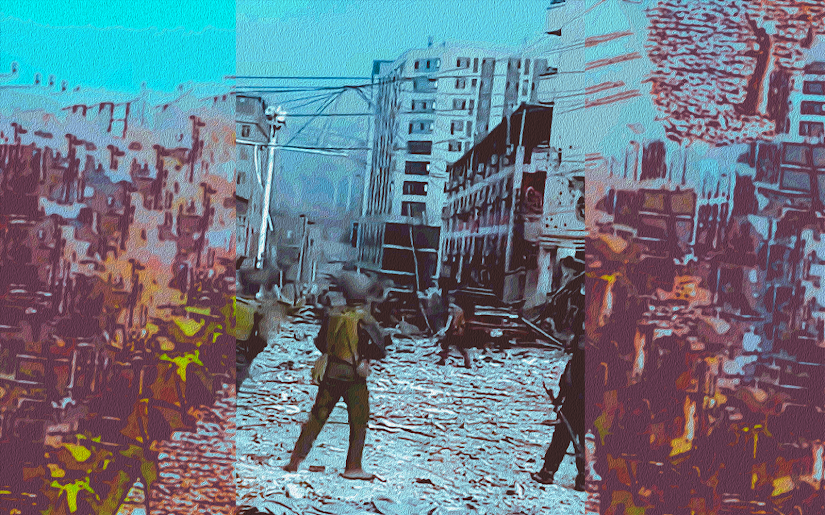**Myanmar Spring Chronicle – January 04, 2024 by MoeMaKa Media:
Military Council Grants Amnesty Amidst Surrender in Laukkaing**
In a customary move, the military council, ruling Myanmar since the coup in February 2021, declared a routine amnesty on Independence Day, paving the way for the release of over 9,600 prisoners. However, reports on January 4 indicated that only a fraction of those linked to political dissent were set free. Among the notable releases were Dr. Ye Lwin, former mayor of Mandalay under the NLD government, and a member of the Mandalay Municipal Development Committee. A photojournalist, detained following a military vehicle collision during the Panpingyi road protest in Kyi Myin Daing in 2021, was also reportedly released. While some individuals convicted under Section 505-a and those serving time in prison were granted freedom, the majority of political prisoners remained behind bars.
Over the past three years, the military council has employed broad legal provisions, including Section 505-a and anti-terrorism clauses, to suppress dissent and penalize anti-coup activists, resulting in tens of thousands of arrests. The routine amnesty, a recurrent practice on occasions like Independence Day and Myanmar New Year Day, primarily targets non-political offenders, leaving only a symbolic number of political prisoners to be released.
Critics argue that the military council is using an unjust legal framework and a compromised judicial system to detain individuals who merely voiced opposition to the coup, essentially holding them hostage. Tens of thousands continue to be ensnared in a system that undermines basic rights and freedoms.
Another significant development unfolded in Laukkaing Town, where the Regional Operation Command (DaKaSa) surrendered to the ethnic Kokang forces on January 4. A video circulating online depicts Kokang armed groups entering DaKaSa, and various news outlets report the surrender of the military installation. While discussions between Kokang forces and the military council about the DaKaSa surrender are rumored, the details remain unconfirmed. The location of DaKaSa, near the Chinese border in northern Shan, likely influenced the decision to surrender, given the slim chances of success in resisting the Kokang forces. Reports suggest that family members of military personnel from DaKaSa will be relocated to Lashio. The commanding Brigadier General, previously honored by the military council, now finds himself in a surrender scenario.
The military council’s control east of the Thanlwin River in northern Shan is dwindling, with almost no towns under their authority. The 3 northern armed groups have seized control from Chinshwehaw along the Chinese border to Muse, including Namhkam. Chinshwehaw, a key border trading post, is now under the control of Kokang armed forces, solidifying their influence along the Chinese border.
Simultaneously, the Mandalay People’s Defense Force (PDF) and the Ta’ang National Liberation Army (TNLA) launched a joint attack, capturing a military council camp near Thanbo Village in Nawnghkio Township. The PDF reported the capture of a lieutenant colonel-level commander alive, highlighting what appears to be a decline in the military council’s willingness to resist. Responding to this, the National Unity Government (NUG) Ministry of Defence issued a statement on January 4, urging military council commanders and soldiers to defect. The statement challenges their loyalty to the military council, raising questions about potential shifts in allegiance within the military ranks. The evolving situation leaves much to unfold in the days ahead.

